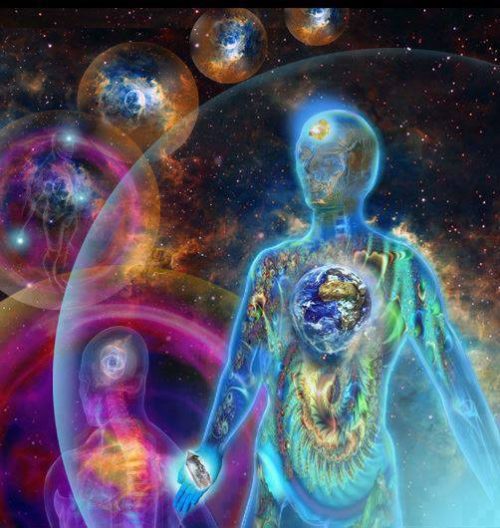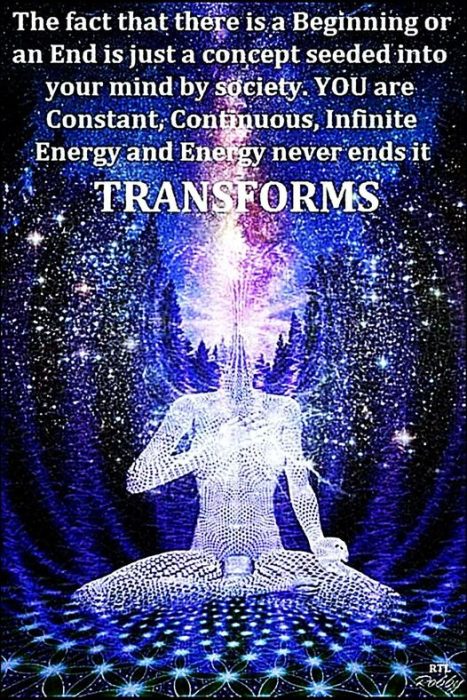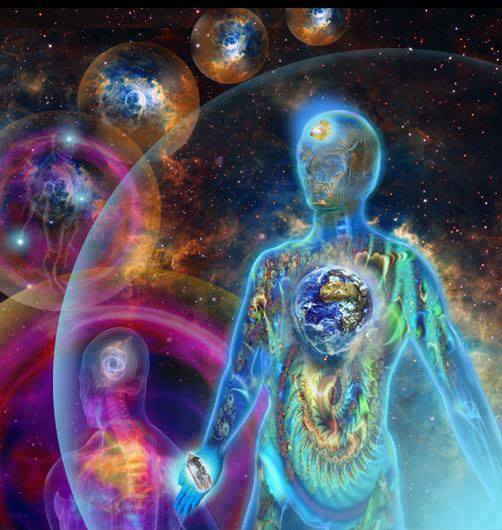
Capitalism’s “driving spirit,” as Friedrich Engels called it, adding, disparagingly, where what is sought and gained is “wealth and again wealth and once more wealth, wealth, not of society, but of the single scurvy individual”. Apparently, banks, mortgage lenders, hedge funds, and a number of other financial institutions have been engaged in various forms of fraud, bid-rigging, insider trading, and manipulation of key interest rates for personal profit for years.
The Great Panic of 1873 and the Long Depression The Great Panic of 1873 should be interpreted as the financial crisis that is closest in nature to the Great Panic of 2008. The Great Panic of 1873 started in May 1873 with the collapse of the Vienna Stock Exchange. This was in nature a trust crisis that was caused by dishonest and fraudulent practices there combined with the failure of a number of European banks caused by overexuberance after the Franco-Prussian war of 1870-1871.
Dishonesty and fraud are very strong triggers for the loss of trust in a society’s economic institutions.
On a more theoretical level, Ayn Rand states: ‘Capitalism and altruism are incompatible; they are philosophical opposites; they cannot coexist in the same man or in the same society!’
Is the primary purpose of doctors to maximize the long-term shareholder value of their hospital or is it to help heal people? Which doctor would you want treating you or your family—the doctor dedicated to caring for you or the doctor trying to maximize the profits of the institution he or she is working for?
Capitalism’s “driving spirit,” as Friedrich Engels called it, adding, disparagingly, where what is sought and gained is “wealth and again wealth and once more wealth, wealth, not of society, but of the single scurvy individual”.
Finally, capitalism is characterized by the profit motive. Profit is the engine that drives the entire system and it is the goal of every capitalist. The motivation to make a profit is not the same thing as the motivation to get rich, although the two are definitely related.
Profit refers to the specific way that capitalists make money. If you are a capitalist you make money by selling the things that your workers produce. If you can sell these products for more than they cost to produce, then you have made a profit. In this way, there is a motivation to keep production costs low, which usually means keep-ing workers’ wages low.
For this reason the history of capitalism has been characterized by a conflict between workers and capitalists. Under capitalism, big business owners and heads of major corporations are not motivated by a desire to employ many people, to make communities healthier, or to make the world a better place.
Their first and foremost ambition is to make a profit, which is to say accumulate capital. If this can be accomplished by moving a factory to another country, then that will be the goal. If there is profit in paying workers less than they might need to live a comfortable life, then so be it. Indeed, if a capitalist could find a way to produce goods and make a profit by substituting all human labor with machines, it would be celebrated.
Dishonesty as an Illusion – Honesty has been seen as a virtue of social consequences, it is about reality and telling it as it is, despite the pain that truthfulness may cause to the listener. Those who tell lies are weaving an illusion’ and as others do not know what the reality is, they take in the illusion and it proves harmful to them. However, Smith’ argues that creating illusions is very self-destructive as ultimately success in life actually depends on reality. Moreover, there is a twist in who can be honest and who cannot in the face of a liar:
“The dishonest man is secretly counting on a double standard: dishonesty for himself and honesty for everyone else. At the deepest level he is counting on everyone else not to fake reality so that he can get away with faking it in other words, he wants other people make his unreality real.”
The unconscious ruthlessness of “Nature” in fact only reflects the ruthlessness of a society in which capitalist is continually hurling down fellow-capitalist into the proletarian abyss.
We can blame the capitalist system , which fosters competition , dishonesty , and various fraudulent schemes to create an illusion of profits . Or we can blame society — the brutal law of survival of the smartest and most cunning.
Apparently, banks, mortgage lenders, hedge funds, and a number of other financial institutions have been engaged in various forms of fraud, bid-rigging, insider trading, and manipulation of key interest rates for personal profit for years.
The point is that these extremely profitable criminal acts committed by financial industry executives, crimes that may have contributed to that global financial crash, are often explained as the results of a particular culture within the financial industry.
In effect, many of these unethical and sometimes blatantly illegal actions are excused by relegating them to the level of corporate culture, as though a corporation could act independently of its executives and employees.
Business and businessmen have been maligned as dishonest, unfair, greedy, insensitive, underhanded, evil, and morally deficient. This because capitalism has no moral compass.
A market winner-take-all attitude can, and has been, invading our polity, destroying norms and undermining the ability to reach compromise and consensus. If left unbridled, it will destroy national cohesion.
Capitai markets operate around the clock, rewarding the successful and punishing those who fall short. The rewards of global markets for the best companies are unprecedented. However, companies that fail to improve or have lapses in performance face swift and negative con-sequences to their financial results and company brands.
The development of capitalism required the creation of a class of people who had nothing to sell but their labor power.
These individuals must work in order to survive, and under capitalism, they must work for the owners of money, the capitalists. For the capitalists, this is a fortunate happenstance — if no wage laborers were to be found, they would have to work themselves.
But by finding these property-less individuals in the labor market, capitalists are not only able to not work, they can receive a little profit from each worker they hire, which, when added up over many workers, generates a much larger (than working themselves) income for the capitalists.
Hence, capitalism takes advantage of the workers, who are forced to agree to a low salary because they have no other options for making a living. In other words, workers agree to work for wages because they do not own private property, such as capital to start their own business or land to grow their own food and sell the excess. All they own is labor, but not the product of their labor.
In capitalism, the differences become more apparent because labor is measured by money. People who manage business operations obtain higher salaries than workers who produce the actual goods.
In capitalism division of labor has divided societies into classes with sharply opposing interests. Capitalists who own the means of production, the tools workers use to produce the goods, can increase their surplus value in two ways.
First, they can increase working hours while keeping salaries the same.
Second, they can decrease salaries in order to cut costs. If they prefer to raise salaries and shorten the work day, the cost of their product will be high, they will fail to be competitive with other producers of similar items, and they may eventually go out of business.
The project of self-realization is born of the passion for creation, in the mo-ment when subjectivity wells up and aspires to reign universally. The project of communication is born of the passion for love, whenever people discover
that they share the same desire for amorous conquest. The project of participation is born of the passion for playing, whenever group activity facilitates the self-realization of each individual.
These three passions must be connected in a mean-ingful totality, because in isolation they become perverted, falsified: Self-realization becomes power, communication becomes dishonesty, and participation creates the illusion of community. Thus in order to combat the alienation, oppression, and exploitation inherent in everyday life that is created and promoted by power, we must explore the possibilities of self-realization (creation), communication (love), and participation (playing). It is only through these passions that the everyday can transcend the banali-ties—the threats—of power-based consumer capitalism and fragmented disconnection.








